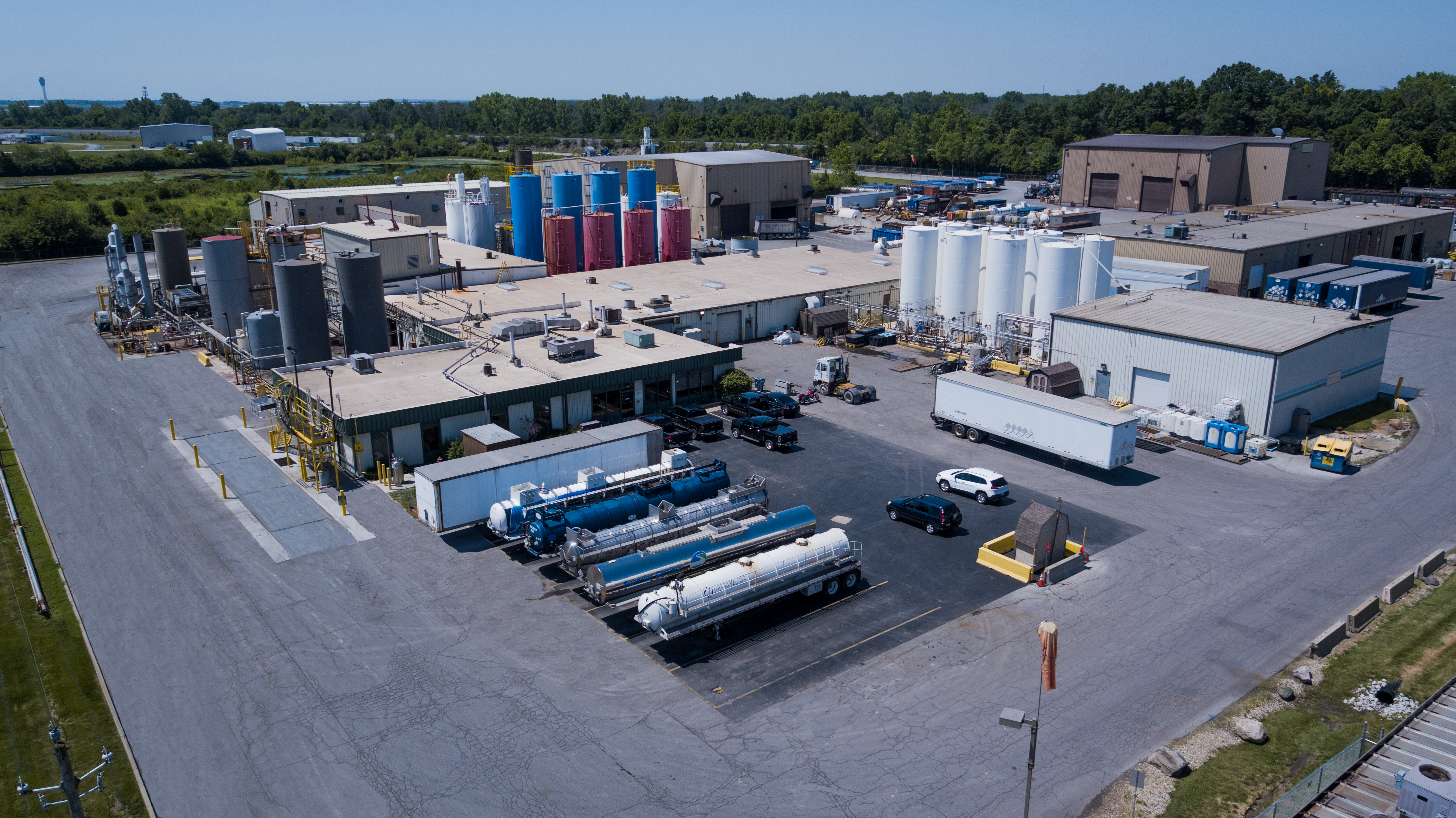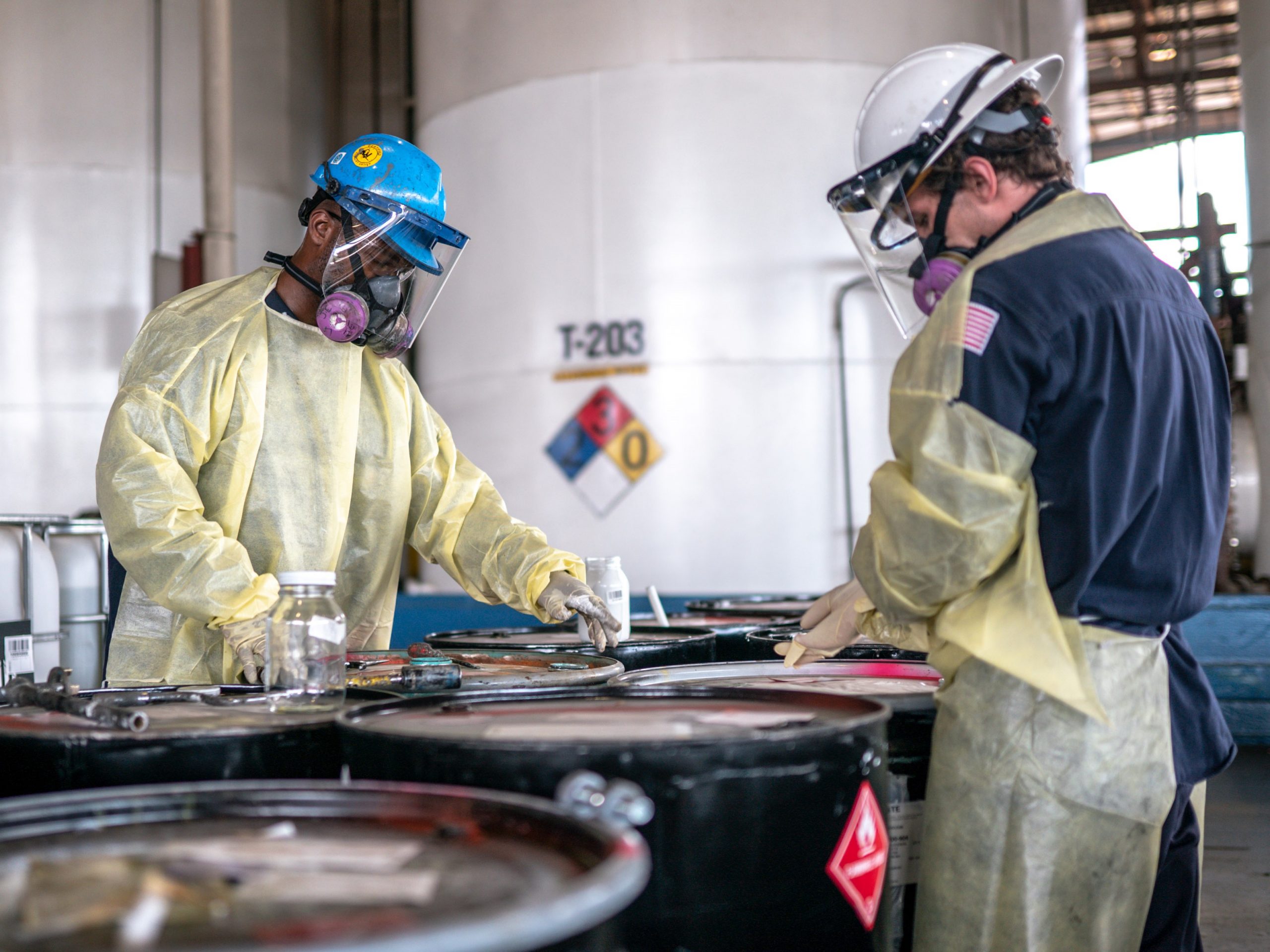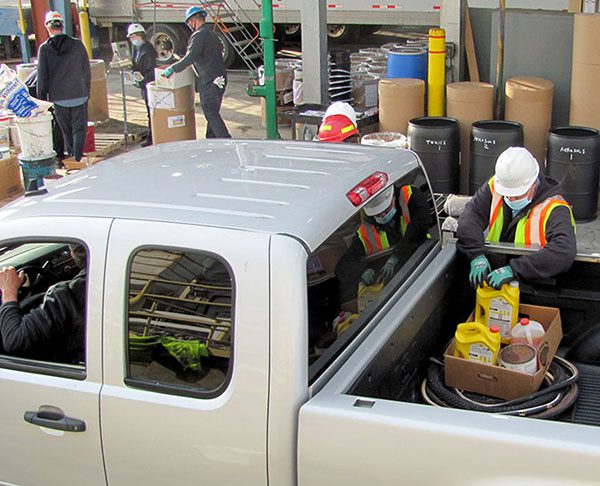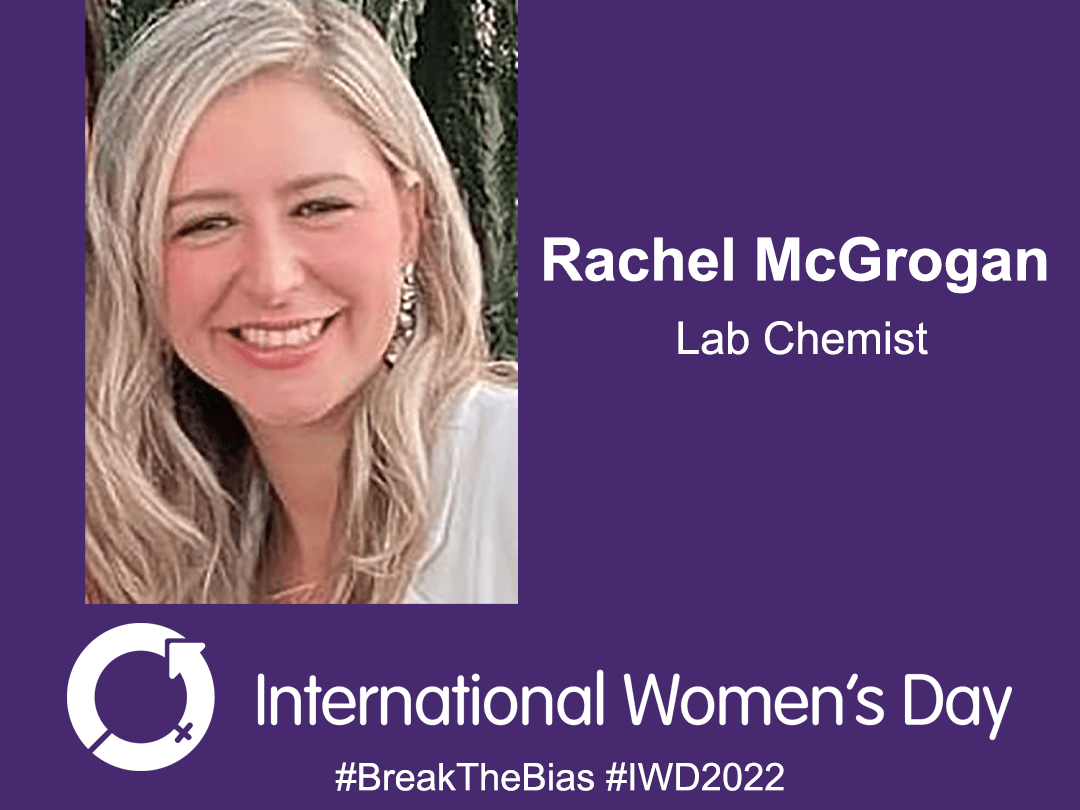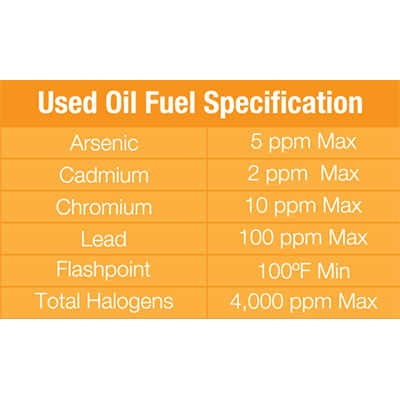
A few years ago my sister got a birthday card for my dad that said “For your birthday I checked the oil in my car!” on the front (it’s funny because he used to harass us about this all the time, trust me, it’s hilarious). Then when you opened it, it said, “still black and yucky.” (See what I mean about the hilarity? Great card). To this day my father still likes to remind us that the oil in our cars should never be black but I digress.
As I finished that last paragraph it dawned on me that I never came up with a concrete way to segue this into a post about used oil management. I think I just remembered an anecdote that mentioned oil and thought I could go with it. Let’s pretend that I came up with a brilliant tie in and just keep moving along, shall we?
So used oil… used oil is any oil that has been refined from crude oil, or any synthetic oil that has been used and, as a result of that use, is contaminated by physical or chemical impurities. Used oil can further be broken down into four categories; lubricants, hydraulic fluid, metalworking fluid, and insulating fluid or coolant. Used oil does not include any of the following:
- Oil or petroleum-based products
- Virgin oils
- Used oil residues or sludges resulting from the storage, processing, or re-refining of used oils
- Used oil that fails the rebuttal
- Listed oily hazardous waste
Regulation of used oil is dependent upon whether or not it will be recycled. Used oil destined for recycling is not regulated as hazardous waste. Used oil destined for disposal, however, is subject to hazardous waste determination and management. And used oil management is a whole new topic.
What are some specifications of used oil management?
Hazardous waste and contaminated used oil cannot be burned in non-industrial boilers. Additionally, quality specifications are established for used oil and if a used oil cannot meet these set specifications, it is subject to administrative controls and cannot be burned in non-industrial boilers.
Used oil that contains more than 1,000 PPM of total halogens (TX) is automatically presumed to have been mixed with spent solvents. Since EPA and used oil handlers sometimes found it difficult to determine if used oil had been mixed with a listed hazardous waste the EPA decided to use an objective test that focused on the halogen level in used oil. This objective test is known as the rebuttable presumption. The “rebuttable presumption” makes used oil a listed hazardous waste (F001/F002) unless it can be proven otherwise. Rebutting the F001/F002 listing presumption could include any or all of the following items:
- MSDS indicating the presence of halogenated additives in virgin oil
- Toxic organic management plan and other evidence of proper and adequate segregation practices
- Demonstration that halogenated solvents came from non-listed sources
- GC / MS analysis indicating <100 PPM of each individual F001/F002 constituent

Re the chart above, under PCB regulations used oils containing PCBs between 1-50 ppm (prior to dilution) are considered off-specification. Unanalyzed used oils are considered to be off-specifications for PCBs. (40 CFR 761.2(e)(1) & (2) and 40 CFR 279.10(i))
There are also some prohibitions set forth concerning used oil. For example, used oil cannot be managed in unpermitted surface impounds or waste piles, it cannot be used as a dust suppressant, it cannot be burned off in non-specified devices, and it cannot be mixed with hazardous waste. Generators must make sure to comply with all rules associated with used oil management in order to maintain RCRA compliance.
And as always, remember that this blog post is not intended to be a full list of regulations. It is vital that you always check with local and state governments and 40 CFR for the most up-to-date information.
More News From Heritage
-
Published Articles 8/2/22
How Safety, Maintenance, and Reliability Are Intertwined
VP of Health and Safety Jim Mangas discusses the importance of plant safety, maintenance, and reliability (featured in BIC Magazine July/Aug '22)
-
Blogs 7/28/22
Spotlighting Our Environmental Interns
Highlighting some of the wonderful interns we have at Heritage this year!
-
Blogs 7/11/22
Turning Hazardous Waste into an Alternative Fuel
In this blog we walk you through the process of fuel blending, where we can turn hazardous waste materials into a viable alternative fuel source.
-
Community News 6/15/22
2022 Habitat for Humanity Build
Our 12th annual Habitat for Humanity Build
-
Blogs 4/13/22
After Hurricane Ida, Our Port Fourchon Office Rebuilds
On August 28th, 2021, the Louisiana coast was battered by Hurricane Ida. This included our Port Fourchon Service Center, where the devastating hurrica
-
Community News 4/7/22
Heritage readies for Earth Day HHW collection in East Liverpool
Heritage Thermal Services is pleased to announce that its collection of household hazardous wastes for the East Liverpool area returns for 2022.
-
Published Articles 4/2/22
The Impact of Changing Conditions
VP of Health and Safety Jim Mangas discusses preparedness for unexpected conditions during a project. (featured in BIC Magazine March/April '22)
-
Blogs 3/11/22
International Women’s Week Spotlight – Rachel McGrogan
Rachel McGrogan speaks about her time as a Lab Chemist at Heritage.
